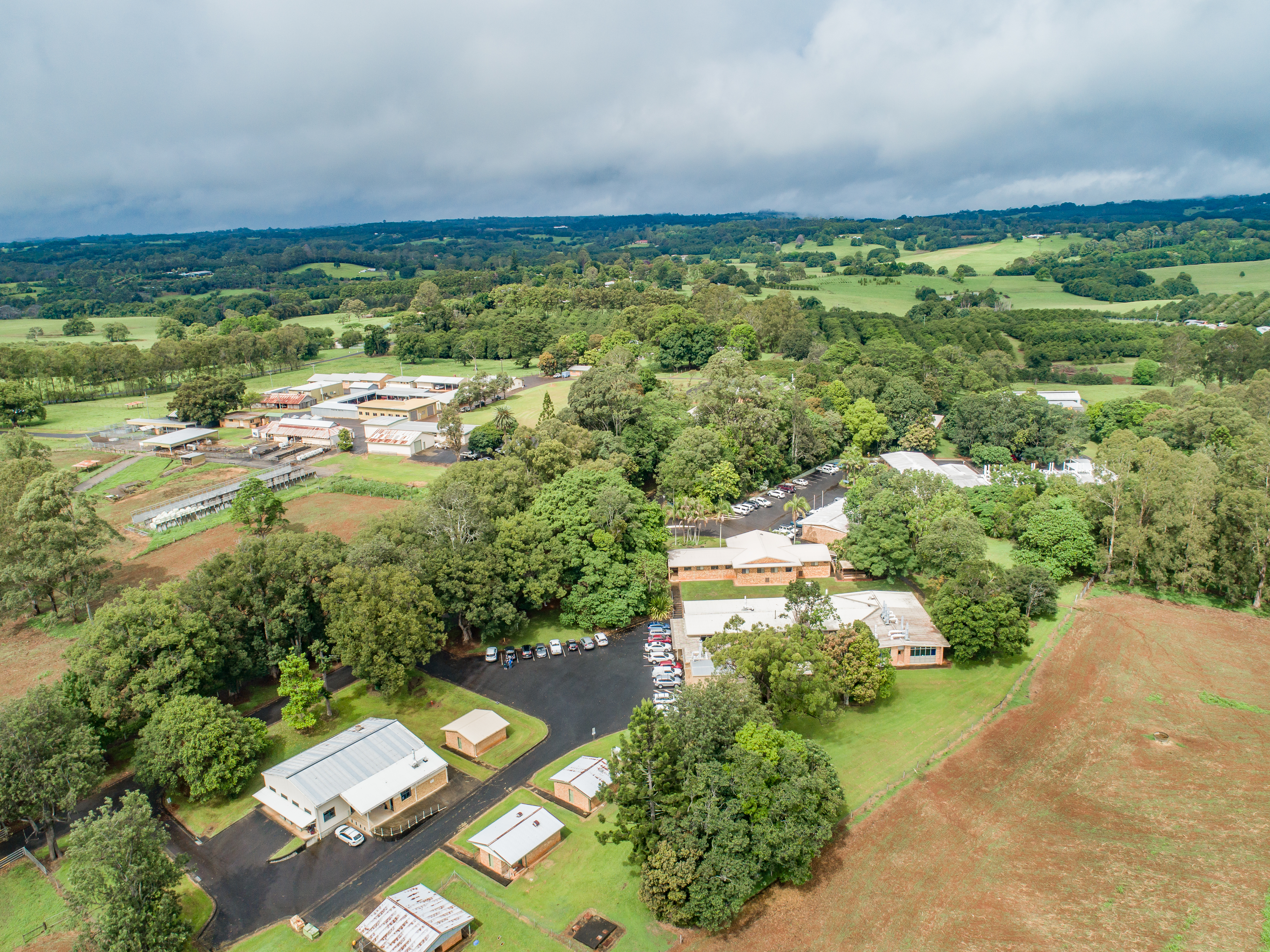Overview
Wollongbar Primary Industries Institute (WPII) is a major centre for the NSW Department of Primary Industries and Regional Development (DPIRD) located on the NSW Far North Coast. It comprises four main sites - Wollongbar, Alstonville, Pearces Creek and Duck Creek.
The Institute supports the local community and serves NSW through the delivery of our Strategic Plan. Research at WPII focuses on pest management, biotechnology, soils, climate, water and social sciences. The site hosts major initiatives such as the Southern Multibreed program and Ag-Tech Innovation. The environmental and analytical laboratories service research, local farmers and water authorities.
Researchers at Wollongbar work collaboratively with a number of Australian and International Universities, with Research and Development corporations such as the Grains Research and Development Corporation (GRDC), Cotton Research and Development Corporation (CRDC) and Meat & Livestock Australia (MLA), state and federal programs and the Cooperative Research Centre for High Performance Soils (Soil CRC). Staff also engage across local government and other state agencies and communities in resource management, including fisheries ecosystems management and habitat protection, delivery of the NSW Marine Estate Management Strategy, water, land use planning, development and climate.
Our research
WPII works to deliver key research and develop and support the agricultural industry.
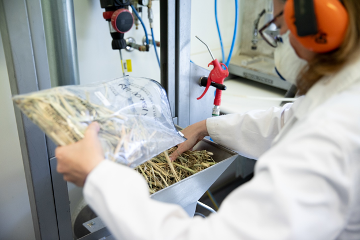
Our facilities & services
WPII has a range of research, community and farming resources.
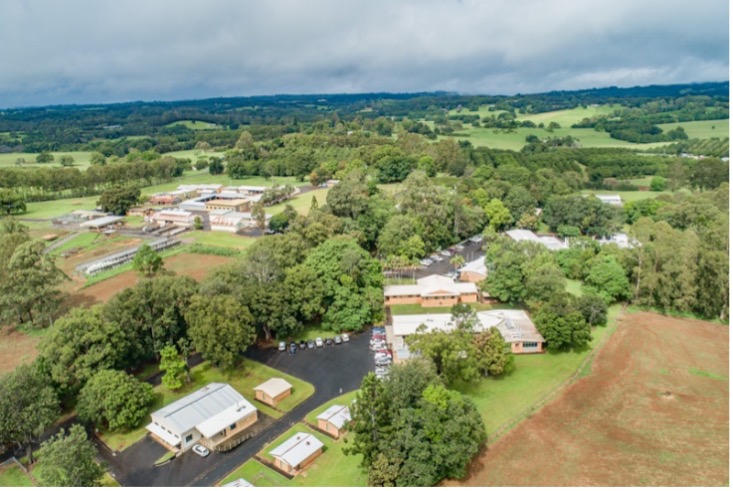
Visit, events & industry support
Please contact us to find out more about upcoming events and industry support.
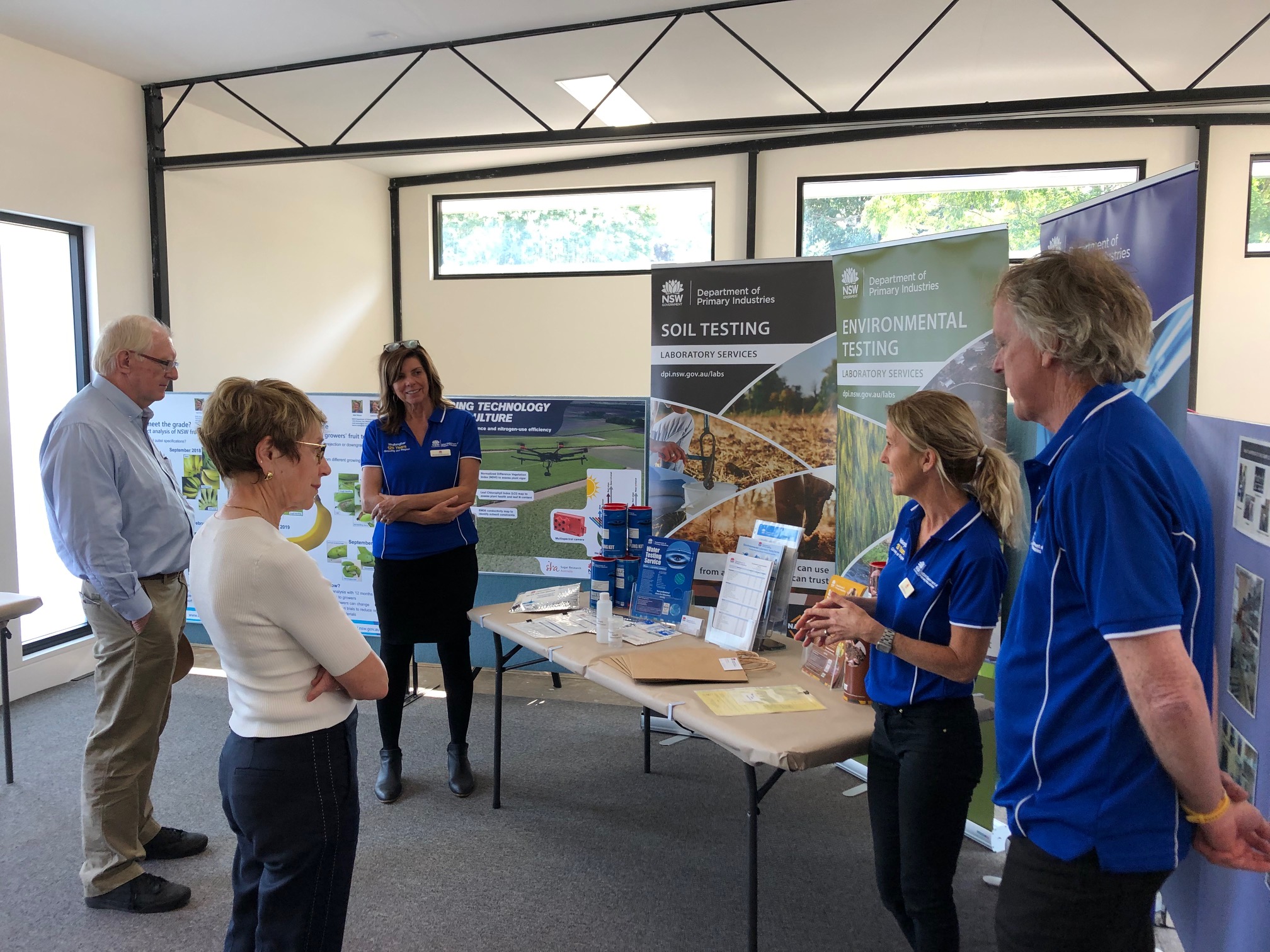
Opportunities, Programs and Initiatives
Farms of the Future - Demo Site
Demonstrating a range of connectivity solutions and agtech devices in horticulture, particularly tree fruits and nuts, grape, berry and vegetable growing to primary producers in Byron, Lismore and Ballina local government areas. Workshops and training are available for all growers.
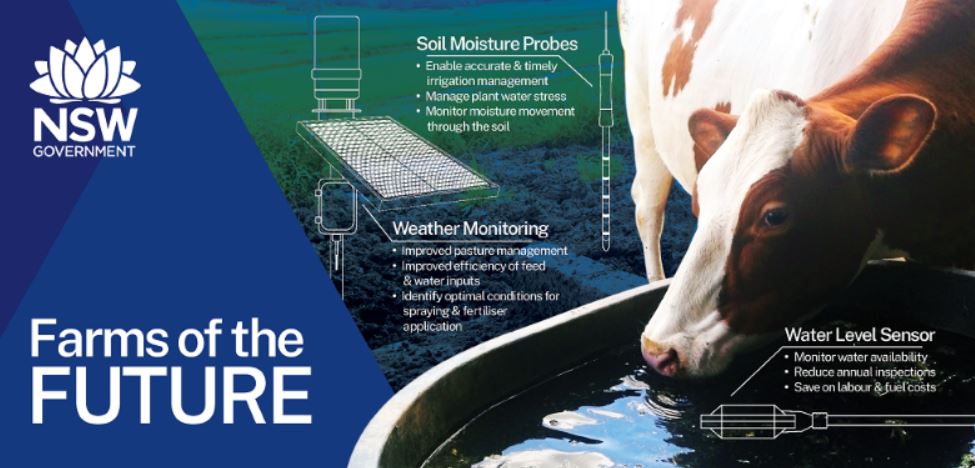
Southern Multi Breed (SMB) project
The Southern Multi Breed (SMB) project is a collaborative Research and Development project involving NSW DPIRD and the University of New England (UNE). It is being conducted at WPII, four other NSW DPIRD research stations and the UNE Research Feedlot from 2020 to 2025.
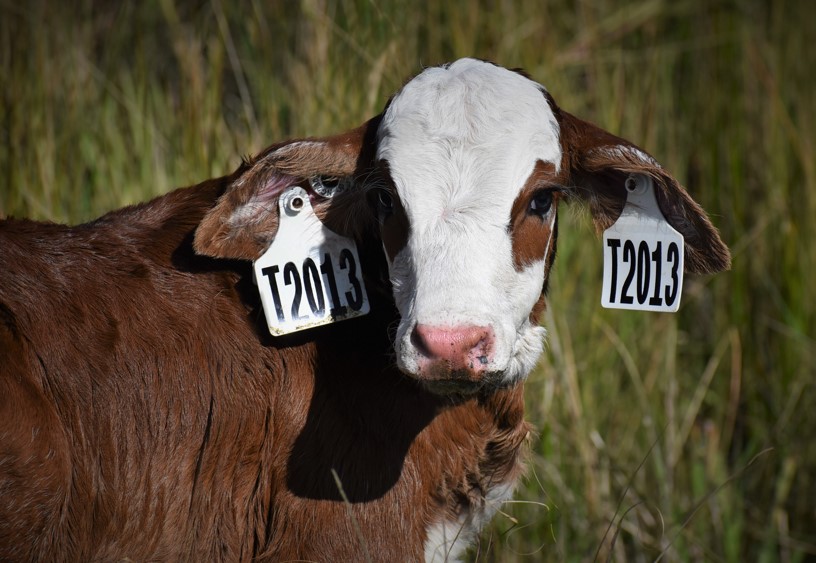
North Coast Local Land Services
The North Coast Local Land Services Lismore Office is currently located at WPII.
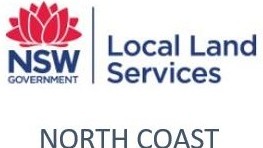
Work with us
If you would like to collaborate with us at Wollongbar, please fill out this form to assist us in supporting your needs.
Request for opportunity formOur region and output
The Northern Rivers, located in the northeast of New South Wales is known for its pristine beaches and fertile valleys of the Clarence, Richmond and Tweed rivers. Agriculture is a key industry for all local government areas - Ballina, Byron, Clarence Valley, Kyogle, Lismore, Richmond Valley and Tweed. Although it is one of the more populated areas, the Northern Rivers sub-region makes a significant contribution to agricultural production in the state. The area is particularly important for berries, cattle, milk and macadamias.
More details on Northern Region Primary Production Data
| Production | Value | State share |
|---|---|---|
| Berries | $248,048,285 | 98% |
| Cattle and calves | $236,256,795 | 9% |
| Milk | $124,516,472 | 19% |
| Nurseries | $103,497,433 | 25% |
| Macadamias | $101,675,110 | 99% |
| Sugar cane | $73,534,171 | 100% |
| Commercial fisheries and aquaculture (estimated) | $60,334,184 | 30% |
| Cucumbers | $51,349,494 | 72% |
| Avocados | $33,000,289 | 89% |
| Forestry (estimated) | $24,798,818 | 5% |
| Total primary industries | $1,174,850,659 | 6% |
Data sourced from the ABS 2022.
Climate
Wollongbar is located on the Bruxner Highway, between Lismore and Ballina and is approximately 166m above sea level. The area has a subtropical climate with distinct summer rainfall and spring the driest period. The local climate is influenced by south-easterly winds in winter. The average maximum temperature is 24°C and the average minimum is 15°C. Temperatures range from 3°C to 41°C. Wollongbar has an average annual rainfall of 1,800mm. The wettest average month is March with 260mm and the driest month is September with 55mm.
Our history
The Wollongbar Primary Industries Institute (WPII) has a long and proud history since becoming the second Government Agricultural College and Experimental Farm in New South Wales in 1894.
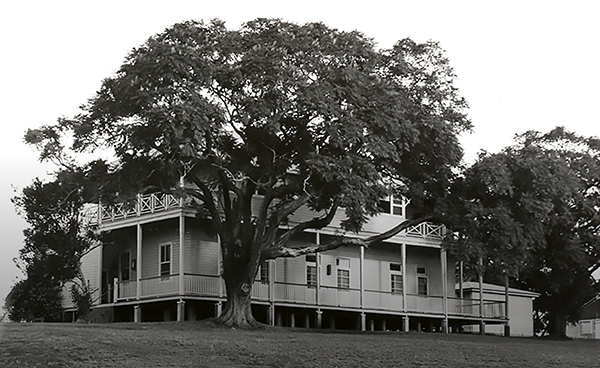
1880s – Mr Thomas Ewing, Local Member of Parliament appeals to the Minister of Mines to select a site for an experimental farm in the Richmond Tweed Region
1886 – land for the experimental farm is selected at Marom Creek
1894 – Government Agricultural College and Experimental Farm is founded with a focus on testing crops
1898 – the first livestock arrive at the site – an Ayrshire bull from New Zealand
1902 – first students are enrolled
1908 – the farm becomes a dairy school and dairy experimental farm
1911 – young boys arrive from Britain as part of the Dreadnought Scheme
Post World War Two – the farm focuses on research, in particular dairy cow nutrition, pasture development, pig nutrition and cattle tick control
1968 – the Regional Veterinary Laboratory is established to provide diagnostic and research services and is involved in the eradication of brucellosis from NSW
2008 – Wollongbar Agriculture Institute is renamed the Wollongbar Primary Industries Institute (WPII) to reflect the increased diversity of research, functions and services undertaken on the site
2019 – WPII celebrates 125 years of providing services to the local community and research and advice with a worldwide reach
Wollongbar Primary Industries Institute Site Video
Contact
Address
1243 Bruxner Highway
Wollongbar NSW 2477
Postal address:
Wollongbar Primary Industries Institute
1243 Bruxner Highway
Wollongbar NSW 2477
Contact
Phone: 02 6626 1200
International: +61 2 6626 1200
Email: wollongbar.office@dpi.nsw.gov.au
